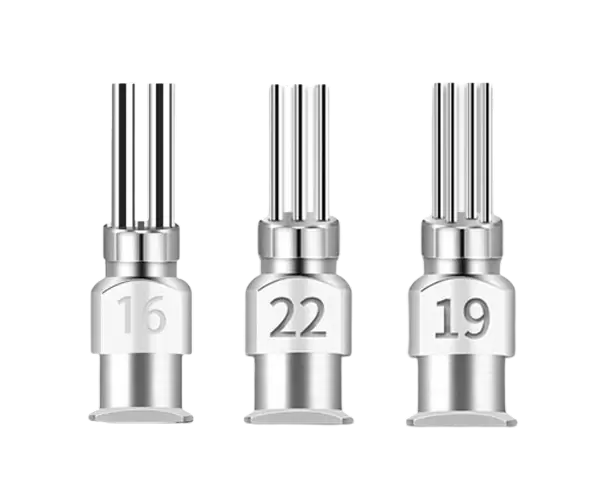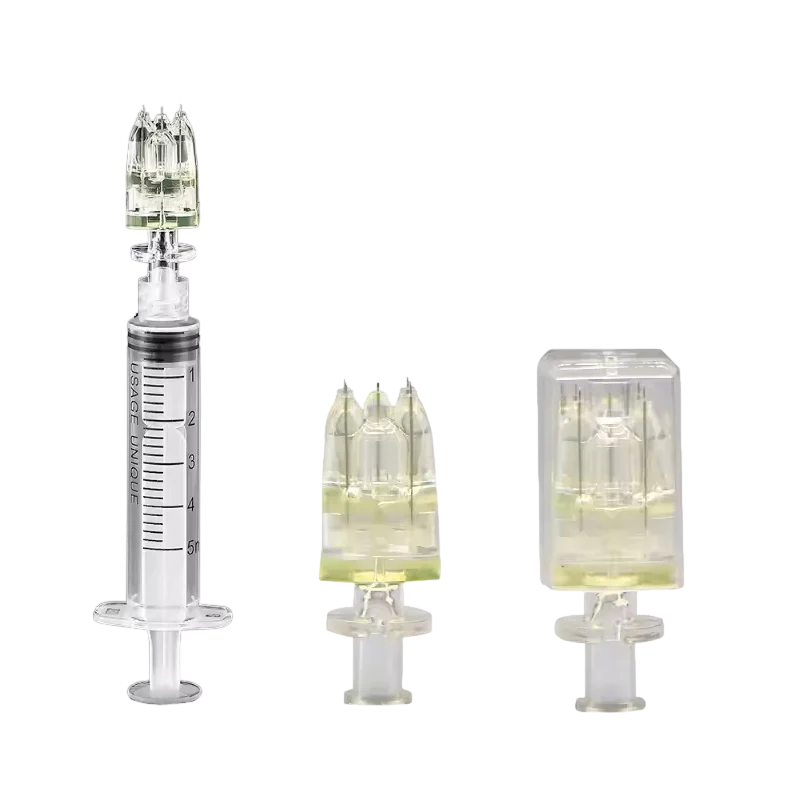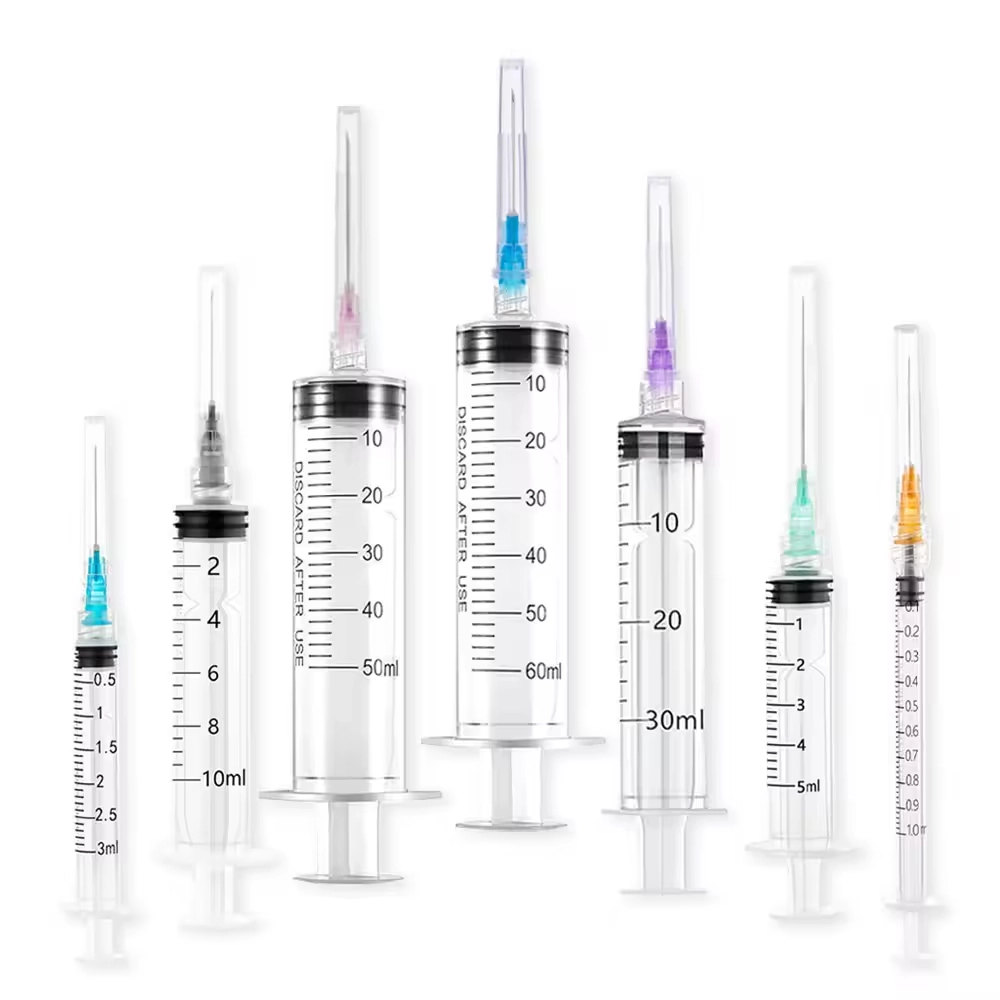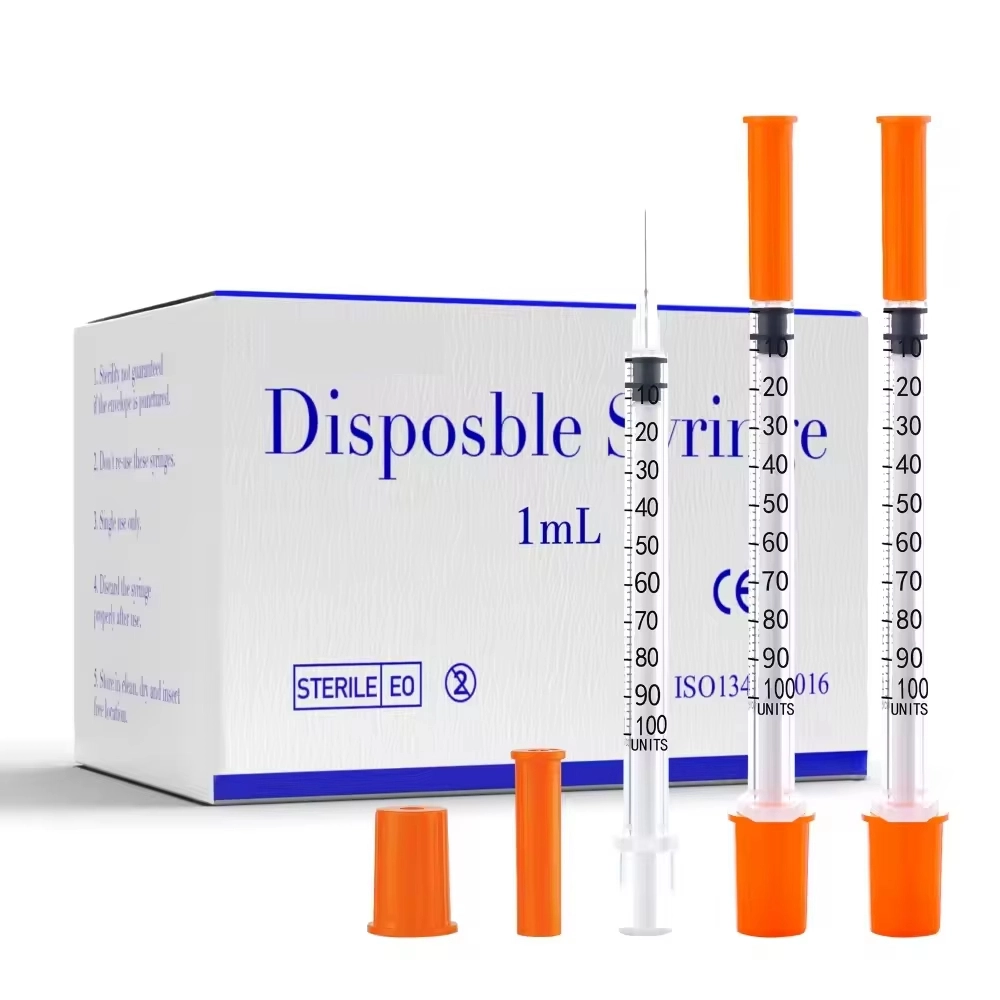Home > News > Industry News > Redefining Analytical Precision with High-Performance HPLC Laboratory Syring Designs
Redefining Analytical Precision with High-Performance HPLC Laboratory Syring Designs
High-Performance Liquid Chromatography (HPLC) remains one of the most essential analytical techniques in pharmaceuticals, biotechnology, environmental testing, chemical analysis, and food safety. While columns, pumps, solvents, and detectors naturally receive the most attention, a critical yet often overlooked factor in achieving reliable chromatographic performance is the HPLC Laboratory Syring—a key component responsible for delivering precise sample volumes during system preparation, injection, filtration, and calibration.
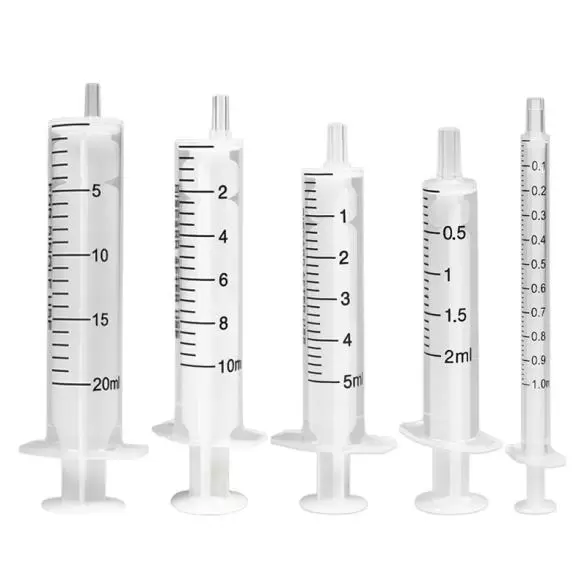
In modern laboratory environments where accuracy, reproducibility, and contamination control are paramount, high-quality syringes are indispensable. Manufacturers like Contriu have elevated syringe engineering with advanced materials, precision machining tolerances, and industry-specific design innovations. As a result, the HPLC Laboratory Syring is evolving from a simple consumable into a precision device that significantly influences analytical outcomes.
1. What Defines a High-Performance HPLC Laboratory Syring
An effective HPLC syringe must meet several stringent criteria to ensure compatibility with chromatographic systems. Unlike standard lab syringes, an HPLC Laboratory Syring is engineered for:
High chemical resistance
Ultra-precise sample delivery
Minimal sample retention and dead volume
Leak-free operation under high pressure
Material stability under aggressive solvents
Small details—such as plunger smoothness, glass barrel straightness, and needle gauge precision—collectively influence overall HPLC accuracy.
2. Material Engineering: The Foundation of Syringe Performance
Glass Barrel Chemistry and Dimensional Stability
The syringe barrel is often made from borosilicate glass for:
Low thermal expansion
High solvent resistance
Non-reactive sample contact
Exceptional clarity for volume verification
Contriu uses precision-drawn borosilicate glass that undergoes strict tolerance control, ensuring consistent internal diameters to maintain accurate microliter-scale readings.
Plunger Materials and Seal Compatibility
Plungers may be:
PTFE-coated
Stainless steel
Polymer-composite engineered
PTFE plungers offer smooth, friction-free movement and prevent binding. Stainless steel plungers excel in durability and structural rigidity. Contriu matches plunger material with solvent compatibility to prevent degradation during repeated use in organic or acidic solvents.
Needle Selection and Surface Treatment
Needles for HPLC syringes differ by gauge, length, and tip shape. Common selections include:
Square-cut tips for general sampling
Cone-shaped tips for septum penetration
Cemented or removable needle designs
Surface polishing reduces carryover, while high-grade stainless steel prevents corrosion in strong solvents and mobile phases.
3. Critical Performance Metrics for HPLC Laboratory Syringes
Precision and Reproducibility
Reproducible injection volumes ensure consistent chromatographic peaks. Factors influencing precision include:
Barrel uniformity
Plunger linearity
Low-friction movement
Minimal dead volume
Contriu's automated manufacturing process maintains tight dimensional tolerances, enabling consistent microliter-scale precision.
Chemical Compatibility
HPLC solvents—such as methanol, acetonitrile, trifluoroacetic acid, and buffer salts—can degrade low-quality syringes. Contriu evaluates solvent compatibility during product design to prevent:
Leaching
Material swelling
Seal failure
Sample contamination
Pressure Endurance
Although HPLC injections often occur under controlled flow, syringes used in system priming or maintenance may face elevated pressures. High-pressure durability prevents cracking or leakage.
Low Sample Retention
Minimizing sample retention ensures:
Accurate sample concentration
Reduced carryover
Efficient solvent usage
Contriu’s precision polishing and tightly fitted plungers reduce internal dead space, contributing to cleaner, more reliable chromatography.
Applications of HPLC Laboratory Syringes in Analytical Workflows
Sample Injection
The primary function is consistent micro-volume sample injection into the HPLC loop or column. Syringes must handle:
Aqueous solutions
Organic solvents
Strong acids or bases
Biological samples
Mobile Phase Preparation & Filtration
Before reaching the HPLC pump, solvents must be:
Degassed
Filtered
Mixed accurately
Precision syringes enable fine control in these tasks.
Calibration & Standard Preparation
Analytical labs routinely prepare standard curves and calibration solutions. Syringe precision directly affects:
Concentration accuracy
Quantitation reliability
Method validation
Maintenance and Priming of HPLC Systems
Syringes are essential for pump priming, column packing, and degassing processes. Resistant materials are crucial due to repeated exposure to harsh solvents.
Why Laboratories Choose Contriu for HPLC Syringe Solutions
Advanced Manufacturing Precision
Contriu uses:
CNC machining
Automated assembly
Optical inspection
Solvent-resistance testing
These ensure stable performance across large production volumes.
Wide Range of HPLC Syringe Specifications
Contriu offers syringes in:
1 mL to 20 mL volumes
Fixed or removable needles
Multiple gauge options
PTFE or steel plungers
This makes them suitable for various HPLC systems, including manual injectors, autosamplers, and special application modules.
Conclusion
A HPLC Laboratory Syring is more than a simple tool—it is a precision instrument that ensures the accuracy and reliability of chromatographic analysis. As laboratories demand higher reproducibility, solvent tolerance, and analytical consistency, syringe quality becomes a defining factor in workflow performance.
With deep engineering expertise, refined manufacturing processes, and strong chemical-resistance design, Contriu provides high-performance HPLC syringes that support pharmaceutical research, environmental testing, food safety analysis, and advanced chemical laboratories. By selecting a syringe engineered for precision, technicians safeguard their data integrity, enhance repeatability, and optimize every step of the chromatographic workflow.

